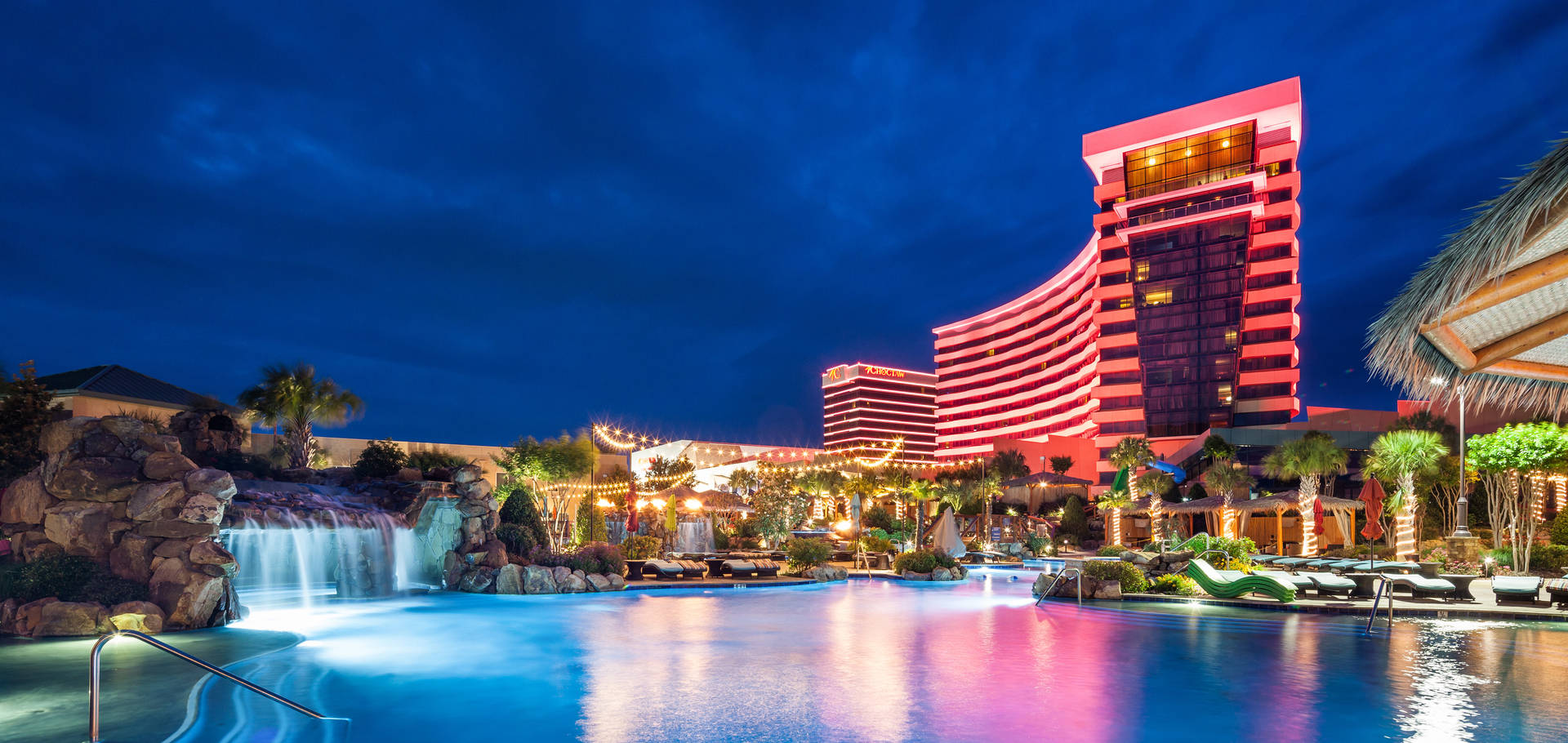How Casino Games Mirror the Human Existence

Casino entertainment have long been an integral part of human culture, offering not just entertainment but a captivating reflection of our hopes, dreams, and fears. From the rotating wheels of a slot machine to the strategic gameplay of poker, these games embody a range of human feelings and incidents. At their core, casino games are not just a chance to earn cash; they are a snapshot of life itself, where danger and gain merge and luck can change in an instant.
As players convene around tables or sit in front of brightly lit machines, they take part in a tradition that transcends mere playing. These games mirror our instinctive desires for connection, thrill, and the pursuit of luck. They also disclose deeper truths about human behavior, such as our relationship with fate and the adrenaline of the unknown. In exploring casino games, we reveal not only the nuances of play but also the intricate pattern of the human experience, showcasing our intertwining narratives of hope and reality.
The Mind Behind Gambling
Gambling is intrinsically connected in the psyche of individuals, appealing to various emotions and desires. The thrill of risk-taking is a fundamental aspect that draws players in, be it the thrill of spinning a roulette wheel or the anticipation of drawing a winning card in a poker game. This rush of adrenaline is often compared to other forms of thrill, as the uncertainty of outcomes elicits a distinct psychological response. Players often become captivated by the chance of striking it rich, leading to an irresistible draw toward casino games.
Additionally, an essential component of the psychology behind gambling is the concept of hope and aspiration. Players often indulge in dreams of financial freedom and the opulent lifestyle that can follow winning. This optimism fuels their continued participation in gambling, as it provides a sense of purpose and the belief that a transformative win could be just one wager away. The narrative of beating the odds and finding success resonates with many, reinforcing their commitment to play and engage with these games.
Lastly, social dynamics play a significant role in gambling psychology. Casino environments are designed to foster social interaction, where gamblers gather to share the journey of wins and losses. This shared aspect not only amplifies enjoyment but also influences behavior, as individuals often mimic the actions of others around them. The social validation found in mutual thrill can magnify the emotional experience, making casino games a reflection of not just personal desires but also collective engagement within the gambling community.
### Risk and Reward: A Double-Edged Sword
Gambling games embody the delicate balance between danger and reward that resonates profoundly with the human experience. The rush of placing a wager is often accompanied by a jolt of energy, as participants are confronted with the chance of a huge payout, yet conscious of the potential to suffer losses. This twofold experience reflects a fundamental aspect of life: the decisions we face often come with intrinsic risks, and the quest for benefit can compel us to embrace risks we might not normally consider. In this way, casino games echo real-world decisions, enticing gamblers to risk not just their funds, but also their aspirations.
The allure of big prizes and winnings fuels a feeling of positivity, motivating players to envision a better future that could emerge from a single victorious spin of the wheel or dealing of a hand. This optimism can motivate individuals to engage in greater risks, pushing them to take greater risks in search of monetary success. However, just as in life, the results of these risks can lead to both victory and despair. The stories of both big winners and those who have suffered everything at the casino demonstrate the chaotic nature of luck and its impactful effect on our existence. Bj88
Ultimately, the interaction of engaging with casino games serves as a vivid illustration of the human condition. Every game played is imbued with the tension of ambiguity, as players weigh the gains against the risks. This balance not only highlights the excitement that comes with betting but also unveils the vulnerabilities that come with the urge for more. As we explore the challenges of choice and consequence in both the gambling world and in life, we find that the search for benefit shapes our character and journeys in significant manners.
Community and Loneliness in Gambling Environment
Gambling culture is a unique combination of social engagement and individual pursuit, reflecting the tensions of human experience. Players often come together around tables, experiencing in the excitement of the action, rejoicing in wins, and commiserating over losses. This communal aspect is essential, as it creates a sense of community and camaraderie among diverse groups of individuals. Bj88 Regular attendees to casinos may form friendships and develop routines, turning the casino into a second home where they feel connected to a larger community of gamblers.
However, the appeal of casino activities can also lead to isolation. As individuals become immersed in the thrill of gambling, they may isolate from personal relationships or fail to interact with the environment outside the gaming space. For some, the search of a windfall can distract from genuine connections, leading to loneliness. The experience of being among others yet feeling solitary is not rare, as the attention shifts from collective fun to the individual stakes of each individual's path.
This interplay of community and isolation creates a vivid tapestry that defines casino atmosphere. It showcases the intricacy of social interactions, where happiness and sorrow exist together. Casinos serve as both a sanctuary for social engagement and a stage for individual challenges, demonstrating how deeply entwined our yearning for companionship and the individual quest for wealth can be. In navigating this environment, gamblers confront their own stories—seeking both the rush of the wager and the companionship of fellow gamblers, eventually reflecting the wider spectrum of human experience.
